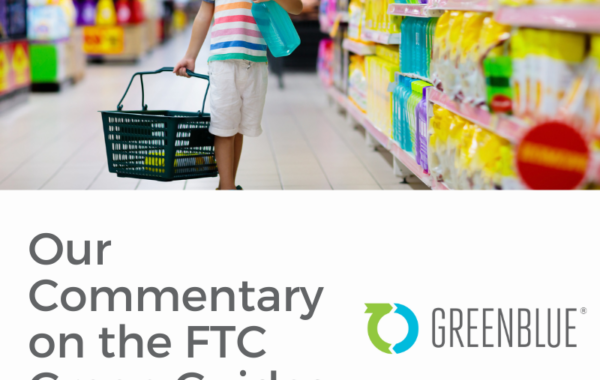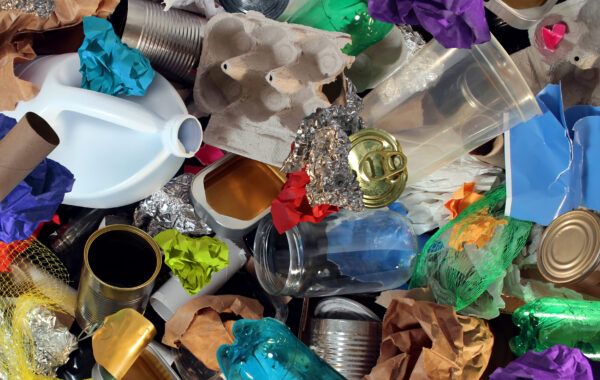October 26, 2020
On both days of Virtual SPC Advance, Cherish Miller, Vice President of Corporate Marketing and Communications of Revolution took the audience on two separate virtual tours – the first one on September 29th focusing on their polyethylene (PE) film recycling process and the second on September 30th focusing on their post-consumer resin (PCR) pellet and film manufacturing. As an organization, Revolution provides high-value sustainable films through innovative closed-loop production and film-to-film recycling. Below are five key takeaways from the two virtual tours.
Wash steps are an expensive, but critical step in producing high-quality PCR films.
The majority of Revolution’s feedstock is recycled agriculture film, which arrives at Revolution’s recycling facility contaminated and dirty. These films undergo extensive washing steps to remove this contamination that would otherwise create processing difficulties and result in unusable film containing holes and other defects. While the wash process is expensive, it allows Revolution to produce high-quality, thinner gauge films with up to 97% post-consumer recycled (PCR) content.
It is important to highlight what PCR can do, not what it can’t do.
It is difficult for PCR to compete with virgin resin in price and a “perfect” surface appearance. Therefore, companies along the supply chain should highlight what PCR accomplishes, not its limitations. Using films with PCR does not mean companies are resigned to using lower-quality material. Revolution has quality controls along their entire process to ensure their films meet specifications and perform like virgin films. PCR films can be printed like virgin films, but the graphics may have small gaps or slight imperfections in them. By highlighting the use of PCR on the package itself, these characteristics become part of the brand’s sustainability story, thus, consumers become part of a brand’s journey in supporting a circular economy.
Certifying PCR is important in creating transparency.
High-quality certified PCR can be difficult for brands to procure, especially as more companies have goals to increase the use of PCR in packaging. Therefore, certifying PCR is an important step in creating transparency around the source of the recycled material and increasing the value of the PCR. Revolution’s PCR is certified by The Association of Plastic Recyclers (APR)’s PCR Certification Program, SCS Global Services, and is currently piloting SPC’s Recycled Material Standard (RMS). Additionally, Revolution holds ECOLOGO and USGBC LEED certifications for their products, further increasing the transparency around their sustainability claims.
Revolution wants to help companies meet their PCR goals.
Revolution sees value in turning waste streams into new opportunities. They want to help companies become part of the circular economy by recycling their films into new films. For example, Revolution has partnered with Chipotle on their gloves to bags program where Revolution collects Chipotle’s used gloves and recycles them into trash can liners. As bag bans and mandated minimum PCR requirements become more prevalent in local, state, and national legislation, Revolution provides an alternative to virgin resin for applications where plastic films may not be avoidable – if you have to use film, use PCR.
Revolution is expanding capabilities to create resilience.
For Revolution, resilience is not just about the product, it’s about the people, the processes, and doing the right thing. In her session, Miller stated, “Plastic has had its challenges, but you have to be part of the solution”.
Revolution is looking to expand further into the consumer space. Recycling films such as shopping bags creates different challenges and opportunities than recycling agricultural films. Often, as How2Recycle also found in their Store Drop-Off study, these films have different properties and are highly printed. The resulting PCR is often darker and grayer in color. This darker resin can be part of a company’s sustainability story either as darker colored films or as inner layers of lighter colored films. Letting consumers know why a bag may look different than what they are used to is important in highlighting the use of PCR. Additionally, Revolution is in the process of obtaining a Letter of No Objection (LNO) from the Food and Drug Administration for food-grade certified PCR resin. This new opportunity would allow Revolution to expand into food-contact applications in the food and beverage packaging space.




